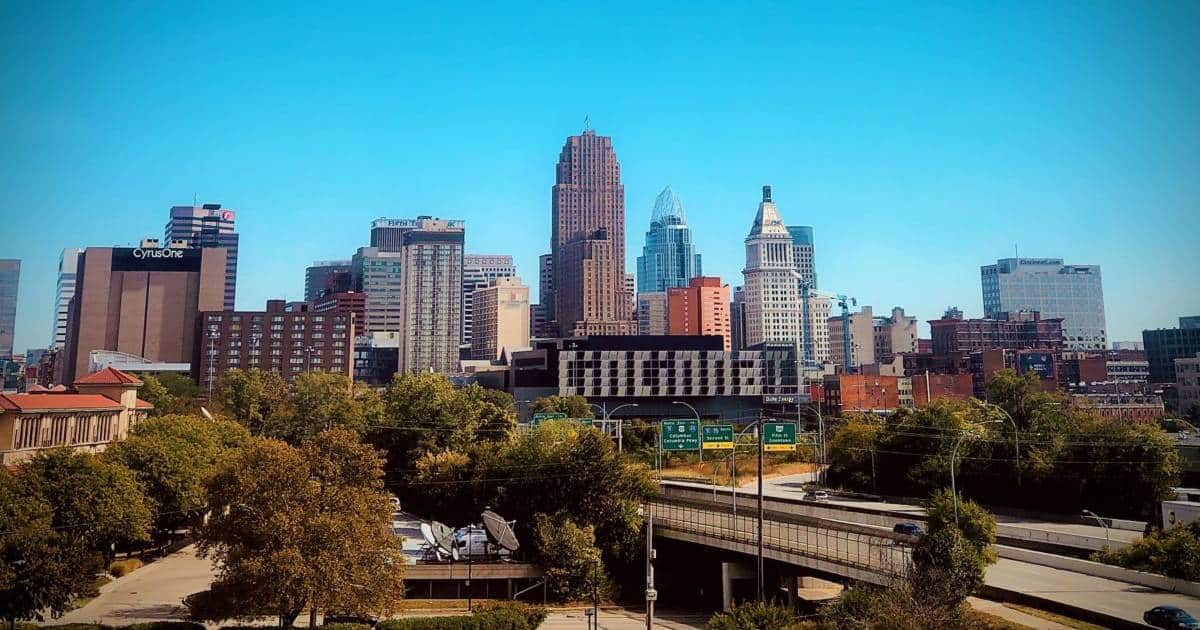The past year has been a difficult time for many thanks to the COVID-19 pandemic. Life as we know it changed. Businesses were closed which left many out of work and concern for how financial obligations were going to be paid. There have been some recent amendments to the Title 11 Bankruptcy code to assist businesses and creditors during this time.
The Consolidated Appropriations Act of 2021(CAA) which supplements the Coronavirus Aid, Relief, and Economic Security Act (CARES) was enacted on December 27th, 2020, and provided $900 billion in pandemic relief and offers support to debtors and creditors through its modification of the Bankruptcy (Title 11) code.[i]
Sections of interest are:
11 U.S. Code § 364 – Obtaining credit
Small business debtors with no more than $7.5 Million in debt, and other limitations are now able to receive Paycheck Protection Program (PPP) loans if they are otherwise eligible, upon notice and a hearing.[ii] Previous to the amendment the Small Business Association denied debtors PPP loans due to risk of unauthorized use of the funds or non-repayment of unforgiven loans.[iii]
11 U.S. Code § 541- Property of the estate
The CAA amends Section 541 of the Bankruptcy Code to provide that pandemic relief payments are not the property of the debtor’s estate and will not be available to satisfy obligations owed towards creditors. [vi]
11 U.S. Code § 365 – Executory contracts and unexpired leases
365(d)(4)(A) – Before the amendment, the trustee or debtor in possession has 120 days post-filing for bankruptcy to assume or reject an unexpired lease of non-residential real property. Per CAA this was extended to 210 days and can be subject to further extension by the court provided by the Bankruptcy Code. This applies to all chapters of the bankruptcy code and will allow debtors to continue to operate in leased premises for close to seven months before making a final decision to assume or reject the lease.
365(d) (3) – The CAA also amends the time in which a trustee or debtor in possession must perform debtors obligations (such as rental payments) under a lease of non-residential real property. Before the amendment, the trustee or debtor in possession needed to perform all obligations in a timely manner once filed and can be extended by the court up to 60 days. With the amendment, the court can further extend the 60 days if the debtor is experiencing or has experienced hardships due, to the COVID-19 pandemic.” This allows the debtor to potentially spread out rental payments over a few years.[iv]
11 U.S. Code §547-Preferences
Enables the trustee or debtor in possession to retract payments made by a debtor to its creditors in the 90 days preceding a bankruptcy case unless the creditor can establish one of the statutory defenses (1) payment made at the same time as the creditor provided goods or services to the debtor (2) the payment was made in the ordinary course of business or (3) the creditor provided additional goods and services to the debtor on credit once receiving the payment.
The CAA added a new subsection, 547(j), to the bankruptcy code, which adds additional stipulations to payments made after March 13th, 2020. These stipulations are that payments cannot exceed the amount that was due under the lease with the landlord or executory contract with the supplier before March 13th, 2020 and that the payment cannot include fees, penalties, or interest for deferred payments originally due before March 13th, 2020.
This new section ensures that landlords and creditors are not penalized for accepting deferred payments and adds incentive for landlords and creditors to explore financial accommodations to those burdened by COVID-19. [v]
[i] https://www.natlawreview.com/article/consolidated-appropriations-act-2021-amends-bankruptcy-code-part-1-amendments
[ii] https://www.mintz.com/insights-center/viewpoints/2831/2021-01-25-consolidated-appropriations-act-2021-amends-bankruptcy
[iii] https://www.hklaw.com/en/insights/publications/2020/05/debtors-in-bankruptcy-seek-access-to-cares-act-paycheck
[iv] https://www.mslaw.com/mslaw-blog/federal-consolidated-appropriations-act-alters-commercial-landlord-rights-under-bankruptcy-code
[v] https://www.jdsupra.com/legalnews/consolidated-appropriations-act-of-2021-4279257
[vi] https://www.natlawreview.com/article/consolidated-appropriations-act-2021-amends-bankruptcy-code-part-1-amendments
Special thanks to Julia Pool for her contributions to this article. Julia is a Marketing Intern with Slovin & Associates Co., L.P.A.


